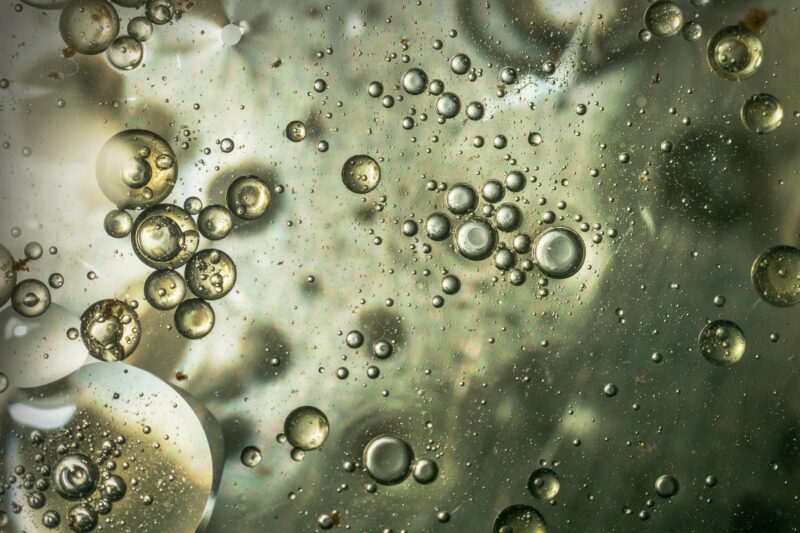The nearly ubiquitous consumer warning tag is found on items around the world. California’s regulators passed Prop 65 to inform consumers about products that contain potentially harmful chemicals. From clothing to asparagus, the California cancer warning has served to protect families and increase awareness of carcinogenic materials in consumer goods.
What is Proposition 65?
Prop 65 dates back to November 1986. The act was passed by ballot, with 63% of California residents supporting the measure. The proposition requires explicit warnings on any “significant exposures that cause cancer, congenital disabilities or other reproductive harm.” Today, the list of harmful chemicals includes 900 chemicals and compounds.
Related: Pesticides in Produce
Types of Chemicals Included in Proposition 65
Chemicals are reviewed and added to the Proposition 65 list based on clearly defined criteria. The list now includes a range of organic, naturally occurring, and synthetic chemicals used in everything from pesticides to snack foods. If a product contains a Prop 65 chemical, manufacturers must include a warning on the product.
Some of the types of chemicals added to Proposition 65 include:
- Dyes
- Solvents
- Adhesives
- Water repellants
- Alcohol
- Petroleum products
View the most recent list of chemicals.
Is It Okay to Use Products with a Proposition 65 Warning?
In most cases, using a product displaying a Prop 65 warning won’t cause harm. Even low levels of potentially harmful chemicals must be tagged, which mitigates the risk of exposure. Still, repeated use of dangerous products could impact pregnant women or those undergoing cancer treatment.
The Bigger Issue
Chemicals in consumer products at the national level remain a serious threat to public health. In the decades since Proposition 65 passed, other issues like air pollution, VOCs, and PFAS have heightened awareness of environmental chemicals and contamination. While daily interactions with potentially harmful chemicals remain almost unavoidable, organizations like Less Cancer and others are committed to keeping families safe. Learn more about our mission.


Leave A Comment
You must be logged in to post a comment.